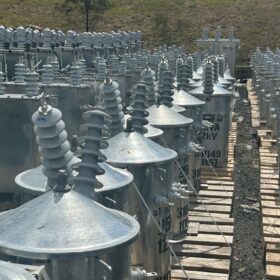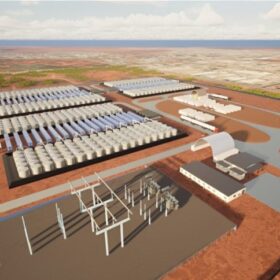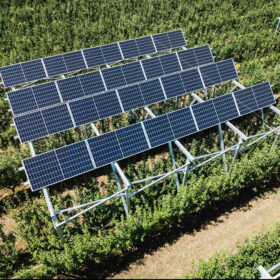Federal Treasurer Jim Chalmers cites declining fuel excise revenue as more efficient vehicles enter the market as grounds for a road user charge (RUC), while New South Wales and Western Australia have already announced a future RUC dependent on electric vehicle (EV) market share.
Australian Electric Vehicle Association (AEVA) National President Dr Chris Jones says the consumer group would welcome EV consumers and end-users being part of the discussion for designing such a charge. But if the goal is to encourage EV uptake and to address the limitations of fuel excise, the RUC must be universal, and include vehicle mass.
“A universal, mass × distance road user charge, introduced at a low rate, would actually serve the role fuel excise is supposed to play: a user-pays system proportional to impact. EV drivers don’t have a problem with it – we just want an equitable scheme which doesn’t discourage EV uptake” Jones said.
Including vehicle mass accounts for the relative inefficiency of heavier vehicles, and would help drive sales of smaller, lighter and safer vehicles regardless of fuel source. It also addresses the inequity of a flat per kilometer rate, where a motorcycle would pay the same rate as a 2.5 tonne SUV, despite causing substantially less damage to infrastructure.
Jones said fuel excise should remain in place as a highly efficient pollution tax.
“An EV and a diesel vehicle of identical weight and annual mileage should pay the same sum for use of the roads. But the diesel vehicle should pay something extra for the noise, harmful pollution, and greenhouse gas emissions. Fortunately, fuel excise captures that perfectly already” he said.
AEVA maintains the rate must be set by the federal government, while state and territory transport departments should administer the scheme and retain all revenue for road maintenance.
“EVs still end up being cheaper to own and operate, and should remain the lowest-cost option for car-dependent households. This is a golden opportunity to completely reform road-related revenue, so let’s take the time to get it right” Jones said.






By submitting this form you agree to pv magazine using your data for the purposes of publishing your comment.
Your personal data will only be disclosed or otherwise transmitted to third parties for the purposes of spam filtering or if this is necessary for technical maintenance of the website. Any other transfer to third parties will not take place unless this is justified on the basis of applicable data protection regulations or if pv magazine is legally obliged to do so.
You may revoke this consent at any time with effect for the future, in which case your personal data will be deleted immediately. Otherwise, your data will be deleted if pv magazine has processed your request or the purpose of data storage is fulfilled.
Further information on data privacy can be found in our Data Protection Policy.